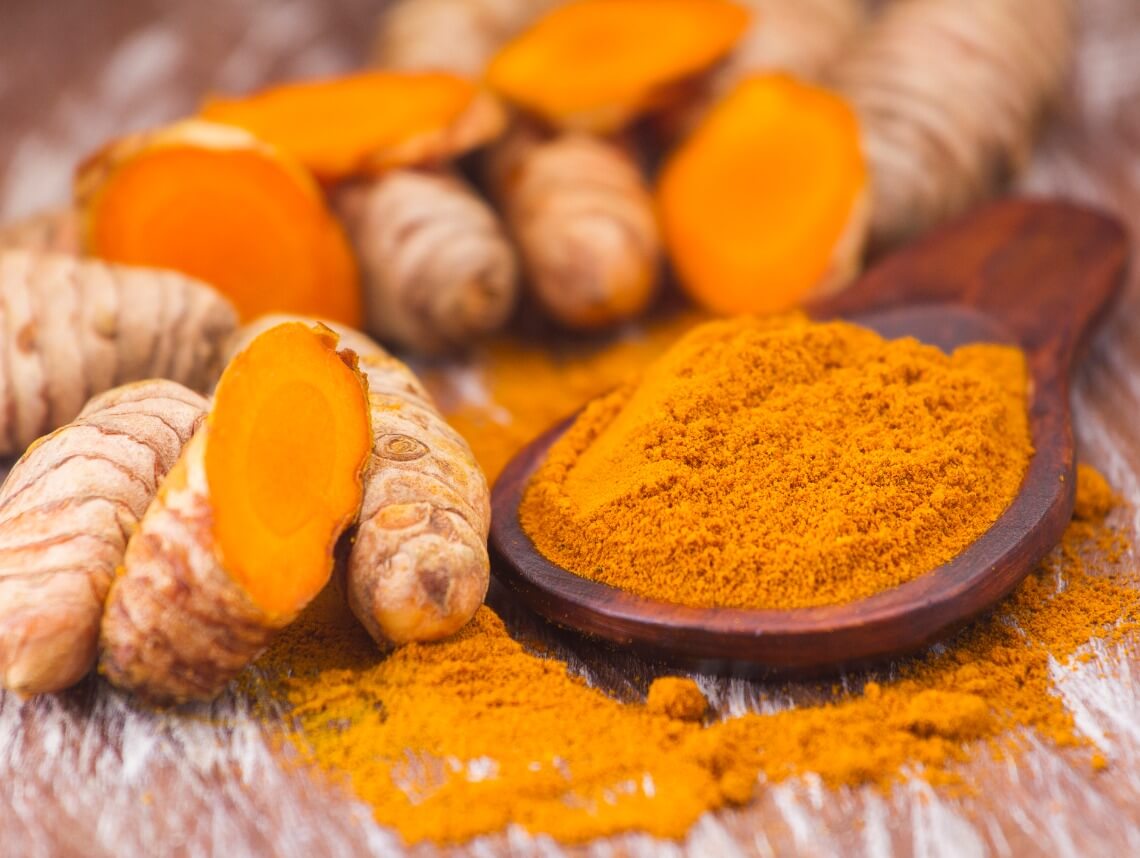When a person is diagnosed with a joint condition, it’s common for them to wonder what may have caused it. Maybe it was repetitive movements. Maybe it was a fall or an accident. Maybe it’s a result of a degenerative condition, such as rheumatoid arthritis.
However, most people don’t pause to think about how every single day, their food choices affect their overall health; including joint health. In fact, diet has a direct influence on joint health. There are many foods that are extremely inflammatory.
What does it mean when a food is “inflammatory”?
Inflammation is redness, tenderness, or swelling that disturbs normal body functions. When homeostasis is threatened the body naturally produces additional white blood cells to protect itself from infection or bacteria. The Standard American Diet is so laden with refined, processed foods, unhealthy fats, and cholesterol, that consuming many typical meals in the United States will cause white blood cells to initiate the inflammation process in attempts to keep the body healthy.
How Does Inflammation Affect Joint Health?
There are a number of illnesses that exacerbate inflammation. Among them, the most common include:
- Osteoarthritis
- Rheumatoid arthritis
- Gout
- Bursitis
- Tenosynovitis
- Lyme disease
- Lupus
- Scleroderma
The boost in white blood cells increases blood flow to the vulnerable body parts, resulting in joint stiffness and pain.
Best Foods for Joint Health
- Turmeric. Turmeric is an excellent way to reduce joint pain and stiffness. While some people opt for taking turmeric capsules, it’s easy to incorporate the ingredient into everyday recipes. You can purchase it fresh at health-conscious grocery stores or in powder form in the herbs’ aisle. Cinnamon and Ginger are also 2 other spices that have anti-inflammatory properties.
- Berries. Due to their high amount of antioxidants, berries contain a high amount of anti-inflammatory properties. However, it’s crucial to buy them organic, since these types of fruit absorb a high amount of pesticides when sprayed. Great choices include cherries, blueberries, and blackberries.
- Leafy greens. Another food group that contains a substantial amount of antioxidants are dark leafy greens, such as spinach or kale. Not only does it alleviate some of the most uncomfortable symptoms of joint pain, but it can also prevent the progression of certain types of arthritis.
- Sweet potatoes, carrots, and squash. The common denominator in these foods is their bright orange color. This hue is the result of their high levels of beta-carotene, which aids the body in treating and preventing degenerative diseases.
- Whole grains. Swap white bread for whole grain and include oatmeal (whole oats; not the sugary kind) in your regular breakfast repertoire; switch white rice for brown rice or quinoa. Browse this list for more anti-inflammatory whole grain information.
Worst Foods for Joint Health
The worst foods for your joints are those any that include:
- Added sugars. such as high-fructose corn syrup and table sugar. Consuming added sugars induces a higher production of cytokines, which are molecules that, when overproduced, can result in inflammation and other diseases.
- Fried foods. These are often included on ingredients lists as “partially hydrogenated” oils. It’s most commonly found in packaged snacks, fast foods, and margarine.
- Processed meats. If you love bologna, we’ve got bad news for you. Due to advanced glycation end products(AGEs), a preference for consumption of processed meats has been linked to inflammation, diabetes, colon cancer, and Alzheimer’s Disease.
- Alcohol. The problem is not alcohol consumption per se, but doing so heavily. Besides the inflammatory effects of alcohol, be mindful of how it affects you if you are taking prescribed medications for joint health.
While at first glance, the list above may sound like it eliminates all of the “fun” food groups, there are plenty of healthy recipes that are only a Google or YouTube search away.
Contact Sonas for Home Care Services
If you are the caregiver for a loved one with joint issues, let us help you. At Sonas Home Health Care, we have an entire team of experienced caregivers to ensure the wellbeing of your family.
If you or an aging loved one are considering home health care services in Florida, contact the caring staff at Sonas Home Health Care. Call today (888) 592-5855.
This blog was reviewed by Jillian Miller BSN, RN — Director of Nursing for Sonas Home Health Care’s Tampa Bay market — for clinical accuracy. Jillian Miller has been a nurse for 16 years — working primarily in pediatrics. She believes the best part of working with the pediatric population is when you see smiles from clients when you first enter the room. She loves seeing the difference you can make in families’ lives while providing the best care possible for them.

